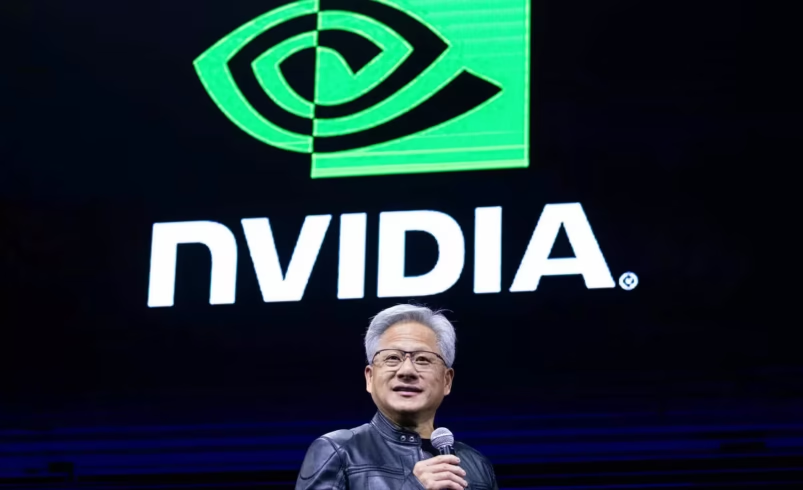Nvidia CEO Jensen Huang Addresses Nepotism Concerns
- August 13, 2025
- 0

Nvidia’s CEO, Jensen Huang, has recently addressed concerns regarding nepotism within the company. In a statement, Huang emphasized that parents would not recommend their children for roles if they were not capable of performing them effectively. This comment comes in light of the rising prominence of his own children, Madison and Spencer, within Nvidia’s emerging business divisions. Despite initially pursuing careers outside of the technology sector, both siblings have reportedly excelled in their respective roles, surpassing performance targets and contributing significantly to the company’s growth.
Madison and Spencer Huang have become notable figures within Nvidia, taking on key positions in new business areas. Their journey into the tech industry was not straightforward, as both initially explored career paths unrelated to technology. However, their transition into Nvidia has been marked by success, with both siblings demonstrating exceptional capabilities and achieving impressive results in their roles. This has sparked discussions about the influence of familial connections in corporate environments.
The situation at Nvidia highlights broader issues surrounding corporate culture and hiring practices. While nepotism is often viewed negatively, Huang’s defense suggests a focus on meritocracy and capability. The CEO’s remarks underline the importance of evaluating employees based on their skills and contributions rather than familial ties. This approach aims to maintain a fair and competitive work environment, ensuring that all employees have equal opportunities for advancement based on their performance.
The presence of family members in prominent positions within a company can lead to scrutiny and debate over fairness in hiring practices. However, Huang’s stance indicates a commitment to balancing family ties with professional merit. By highlighting the achievements of Madison and Spencer, he seeks to demonstrate that their success is rooted in their abilities rather than nepotism. This perspective may influence how other companies approach similar situations, promoting a culture where talent and hard work are prioritized.